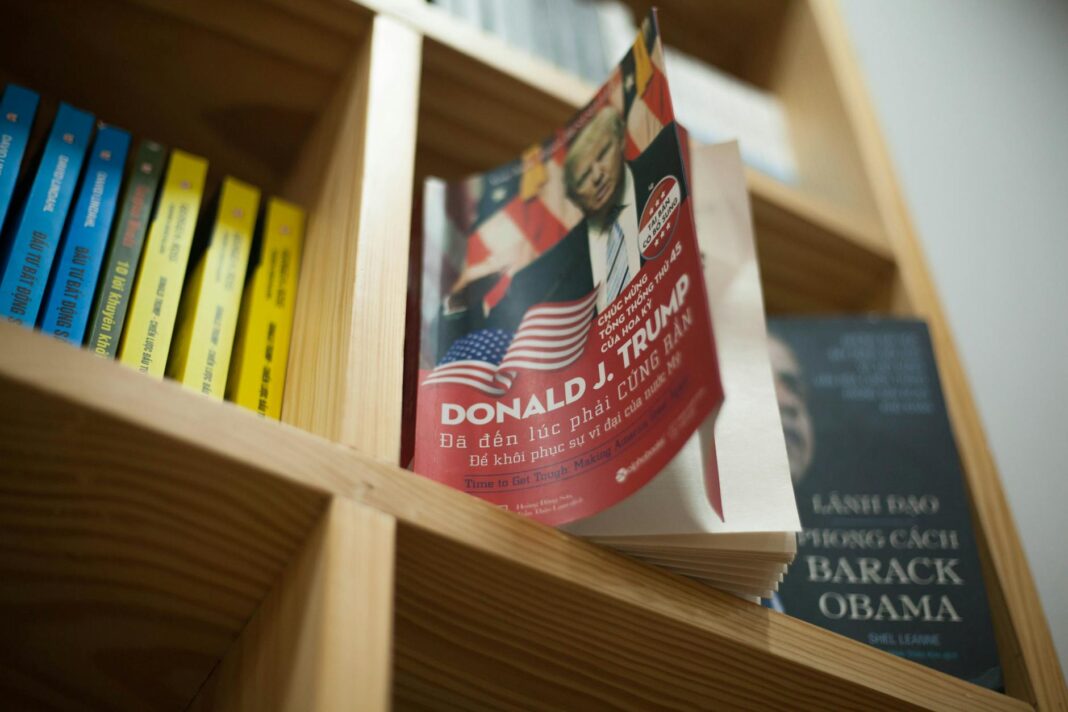Obama Urges Media to Stand Against Cancel Culture
Former President Barack Obama isn’t holding back when it comes to the state of media and its relationship with the Trump administration. In a recent statement, Obama expressed his concerns about the alarming rise of cancel culture, particularly how it has been weaponized by those in power. He argues that the media landscape is witnessing a dangerous shift that demands urgent attention and action. The dynamics of free speech, public conversation, and accountability are all on the line.
Obama pointed out that the Trump administration has taken the concept of cancel culture to new heights, where dissenting voices are silenced, and critical discussions are stifled. This isn’t just a matter of political discourse; it’s about the very fabric of how we communicate and exchange ideas in a democratic society. The implications of this shift are profound, and Obama believes that media companies have a critical role to play in pushing back against this trend. If they fail to act, the consequences could be dire, leading to an environment where only one narrative prevails.
Throughout his presidency, Obama championed the importance of a free and responsible press. He asserts that media organizations must not only report the news but also act as guardians of democratic principles. By allowing the cancel culture narrative to dominate, media outlets risk losing their credibility and influence. “It’s time for media companies to start standing up, to be the bulwark against this tide of censorship,” he stated, emphasizing that silence in the face of such threats is complicity.
In today’s hyper-connected world, the ability to share and consume information has never been greater. However, this freedom comes with a caveat. The former president’s comments resonate in an era where misinformation and fear-mongering are rampant. He urges media entities to adopt a more proactive stance, to challenge narratives that seek to silence opposing viewpoints. This isn’t just a call to action; it’s a demand for accountability and integrity in journalism.
Obama also highlighted the role of social media platforms in this landscape. As major players, these companies have the power to shape public discourse. He argues that they must recognize their influence and take responsibility for fostering an environment that encourages diverse voices rather than stifling them. The challenge lies in balancing the need for moderation with the imperative to protect free expression.
The stakes are high, and Obama is clear that the responsibility lies with journalists, editors, and media executives to defend the principles of free expression and robust debate. This is particularly crucial in an age where a single tweet can spark outrage and lead to swift repercussions. The former president’s remarks serve as a reminder that media should be a platform for dialogue, not a battleground for silencing dissent.
In a climate where cancel culture can affect not only public figures but also ordinary individuals, the call to action is urgent. Obama’s message is a rallying cry for accountability, urging those in the media to recognize the power they wield and to use it wisely. The potential for growth and understanding lies in open discourse, and the media must facilitate that rather than hinder it. As the world watches, the question remains: will the media step up or will they continue to let fear dictate their narrative?
Questions
What role do you think media companies should play in combating cancel culture?
How can journalists better protect free speech in today’s media landscape?
Do you believe cancel culture is a growing threat or a necessary check on power?




